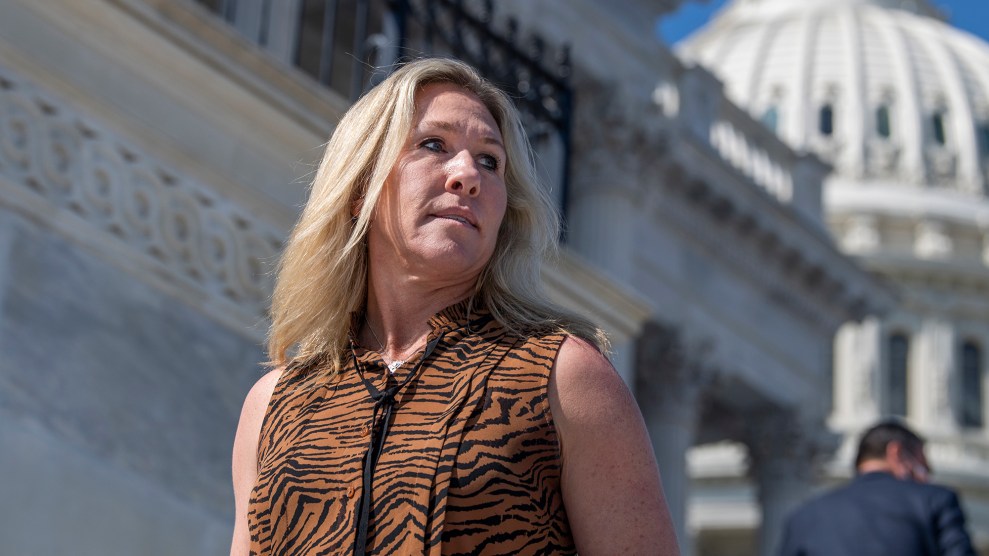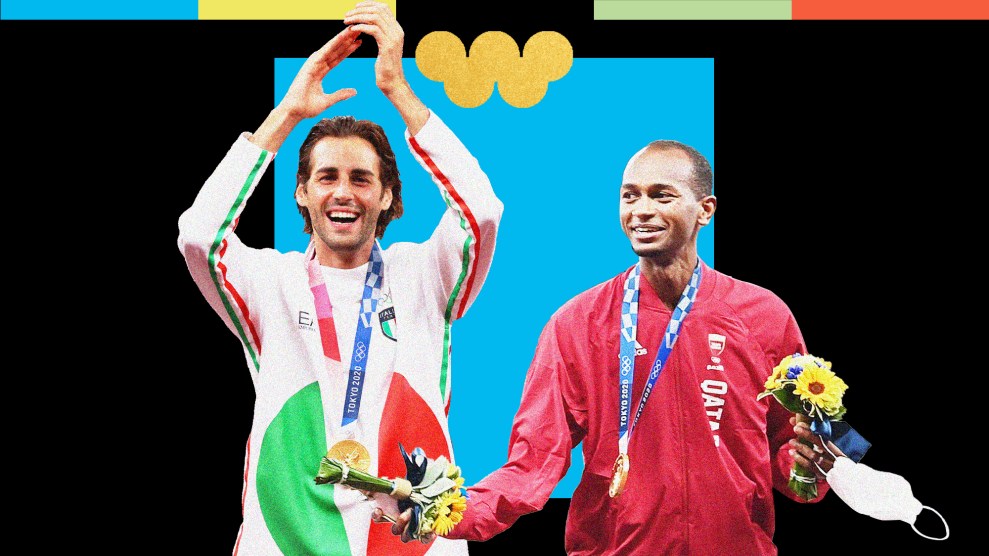Hello. Today is Monday. The last time we said that, this newsletter began with a bang of destruction and wall-to-wall crisis in Afghanistan, Haiti, the United States, and around the world. Each continues, and the fires have not abated. The pandemic stretches on. So, um, let’s dip out of the news cycle for a minute for the daily dose of good “news.”
Monday gets a bad rap, largely deserved, but it’s not categorically bad, as NBC News reported under the headline “Sorry, There’s No Such Thing as a Case of the Mondays.” The article’s controversial claim: The case-of-Mondays line from Office Space “embodies what most of us believe about Mondays: that it is the worst day of the week. [But] it turns out that while we feel happiest on Saturdays and Sundays, most of us don’t feel much bluer on Mondays than we do on Tuesday, Wednesday, or Thursday.” The article cited a Gallup survey by a team of researchers, led by a professor of psychiatry and behavioral science, who authored a study of mood patterns by days of the week in the Journal of Positive Psychology.
More than 340,000 respondents ranked moods by day, and most said Monday was a “bit blue,” but here’s the kicker: They said so in hindsight and differently in real time. Respondents “don’t experience Monday, Tuesday, Wednesday, or Thursday as different in real time, and when you ask them in the past there is a discrepancy,” the researchers found. “It probably has to do with how people judge things in the past.”
It all depends on who, where, and how you are, but I’m game to grant the comparative claim that Mondays get judged through the same prism of priors other days do, and shaped accordingly. Here, if you need them, are three good facts about Mondays:
1. Monday is the only day of the week that forms the anagram of a single word, and a bracing one: “dynamo.” Look it up; second definition.
2. Monday is the only day of the week named after the moon: Mōnandæg, Old English, or Mōnandæg, Middle English, or the Latin dies lunae, for “day of the moon.” And without the moon, this planet would spin off its axis. The moon has better claim to a day than the god of war Thor, whose grip on Thursday taints his more than the moon’s.
3. YouTube was born on a Monday (February 14, 2005). And where else can you find this recharge?
Happy Monday. Or not. Moods welcome at recharge@motherjones.com.












